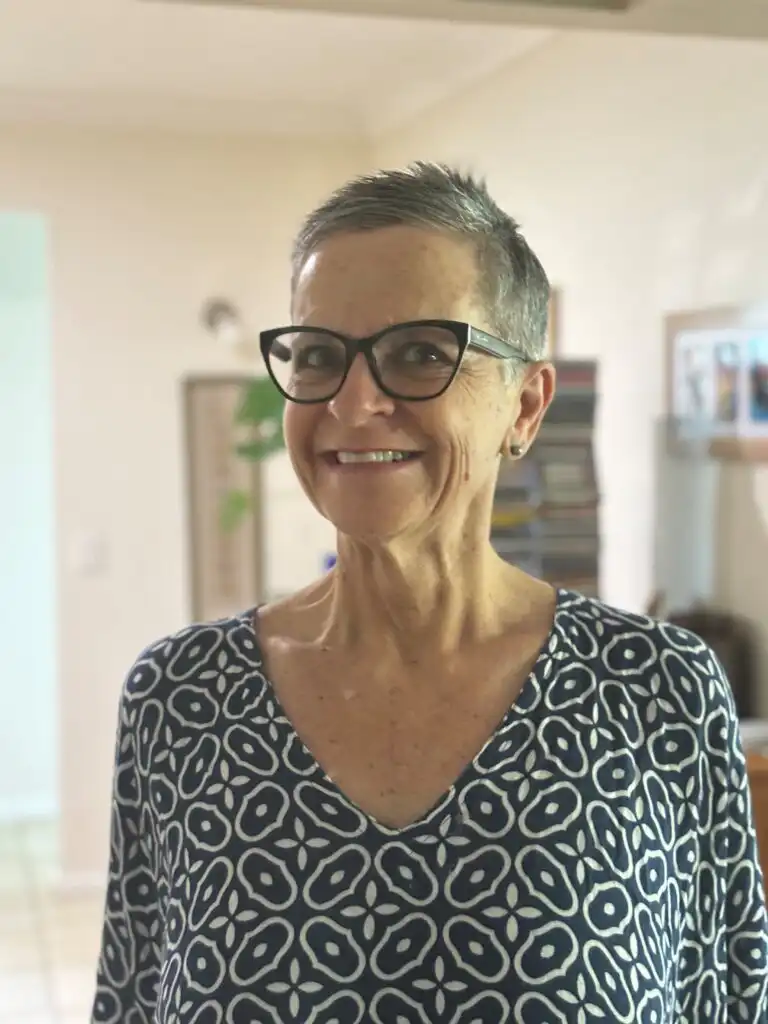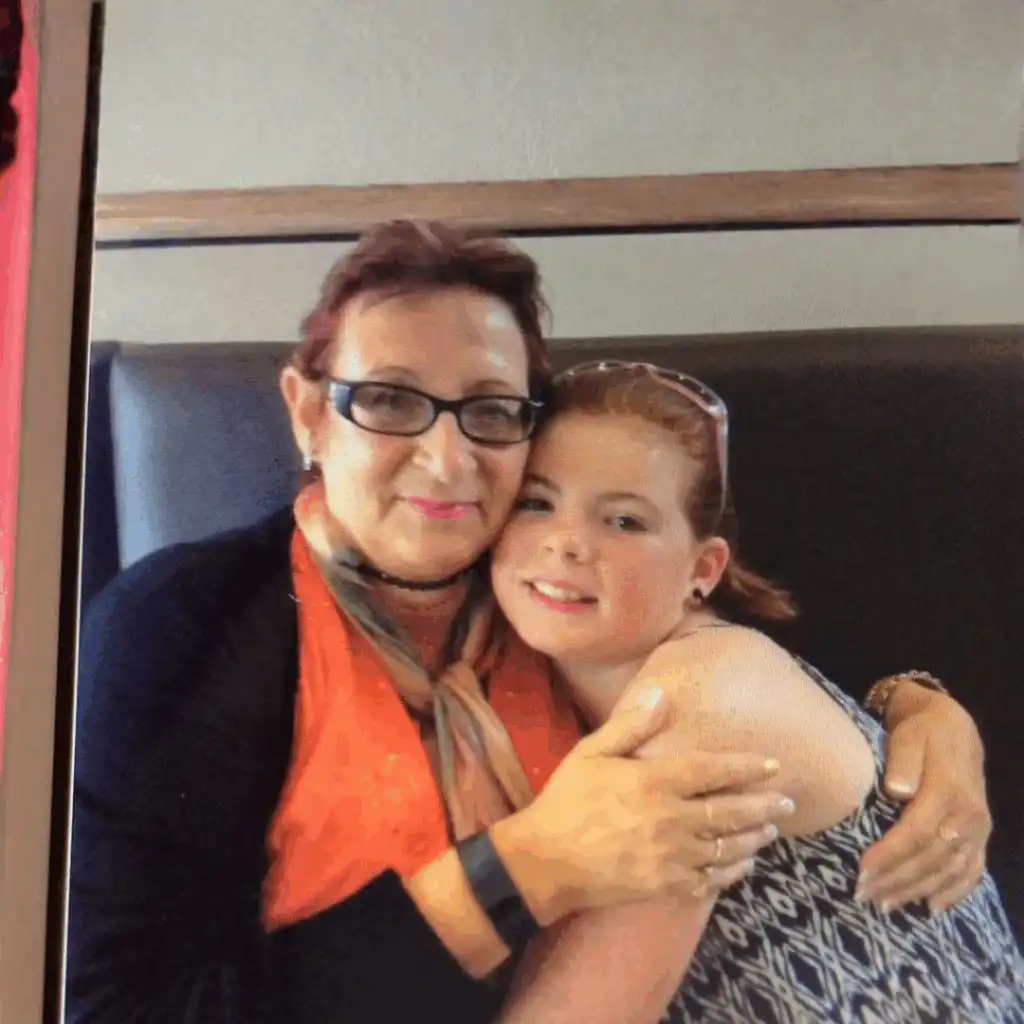The best way to prepare yourself for a lobectomy is to plan for life after the operation. It is important to understand your surgery and what you will be required to do that will help with your recovery, such as physiotherapy and exercise.
The hospital will usually provide you with a patient information booklet to read before going into the operation so you can ask any questions you may have ahead of time.
It’s also important to make sure you have some social support from family or friends who can visit you regularly during your recovery phase. This is because you will require assistance with certain tasks that you usually can do for yourself.
We spoke with Dr Rishendran Naidoo (Director of Cardiothoracic Surgery, The Prince Charles Hospital, QLD) about how to prepare for a lobectomy and what to expect during and post-operation. Watch the video or read more below.
What can I expect immediately after the operation in hospital prior to discharge?
On the first day after surgery, you will have some tubes attached to you and be on intravenous (IV) pain relief. You will see a physiotherapist who will teach you breathing techniques and exercises that will help with your recovery in the hospital and at home. Nursing staff will also provide you with instructions to care for your wound, including what type of symptoms to look out for and who to contact if you have questions or problems with your wound recovery.
If you notice your wounds becoming reddened or seeping yellow or green fluid, or if you have any concerns about your wound healing, please contact your GP or surgeon sooner rather than later.
The surgeon will also discuss the outcome of your surgery with you prior to discharge. You can expect to be discharged around 5 or 6 days after the operation.
What is the recovery process like for the first few weeks?
By the time you leave hospital, you will usually be on oral pain relief such as Paracetamol. You will also be prescribed some stronger pain relief medication to use as needed, in the event you find your pain difficult to manage. You may notice as your activity levels increase that you need a little more medication to manage pain.
Around the six-week mark after surgery, your wounds will have healed, and you should be feeling more like your normal self. It is common to feel tired for six to eight weeks after surgery, and your chest may ache or feel stiff for up to three months. You may also feel tightness, itching, numbness, or tingling around the cut your surgeon made for the first few months’ post-operation.
It is important to remember that everyone will recover differently and that these timeframes are just a guide.
Can I drive after a lobectomy?
Driving is, to a large extent, dependent on the type of operation you have had. If you had a keyhole surgery, the surgeon would typically advise that you could resume driving at about 4 weeks post-surgery. For a full thoracotomy, it is usually advised to wait until at least 6-weeks post-surgery before driving. However, always check with your treating surgeon first as this may vary.
If I have a lobectomy, does that mean I will not need further treatment?
The need for further treatment after surgery, largely depends on the staging of your lung cancer prior to the lobectomy.
- Stage 1: You will usually not require further treatment, and it would mainly be a matter of ongoing monitoring.
- Stage 2: You would normally see an oncologist for advice as to whether other forms of treatment are required.
- Stage 3: You will have to see an oncologist and you would undergo another form of treatment such as chemotherapy, radiation therapy or immunotherapy.
You will need to make follow-up appointments to see your:
- GP – one week after you leave hospital
- Oncologist (if applicable) – two weeks after surgery
- Surgeon – six weeks after surgery
For further information about lobectomies, browse our related resources:
- Lobectomy: How to prepare and what to expect
- Lobectomy: What it is and how it works
- Understanding Lobectomies

Subscribe to our newsletter
Join our growing community of individuals who are committed to living their best lives with lung disease and lung cancer by signing up for our bi-monthly e-newsletter below.
Was this page helpful?
Good job! Please give your positive feedback
How could we improve this post? Please Help us.



